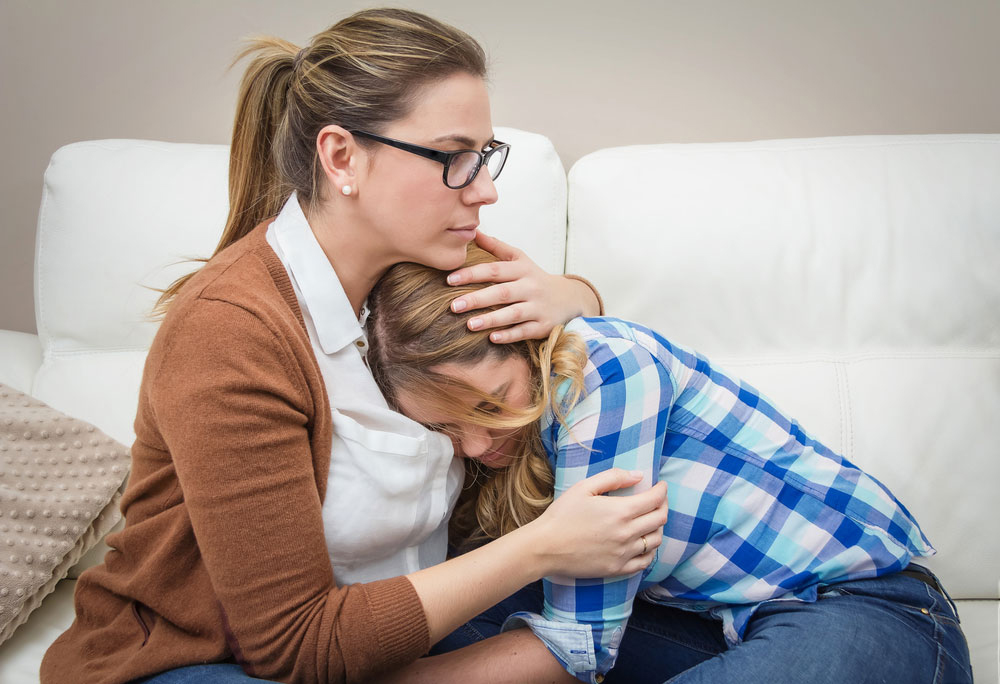In observation of Grief Awareness Day on Aug. 30, it’s essential to cast a spotlight on the singular grief experienced by those left behind after a loved one’s suicide. Suicide bereavement is profoundly individual and carries a multitude of emotional, psychological and social complexities. At Pine Grove Behavioral Health & Addiction Services, we recognize the distinct difficulties suicide loss survivors face and recognize the need for dedicated services during this harrowing time.
Challenges Faced by Suicide Loss Survivors
The aftermath of suicide loss is a labyrinth. As a survivor, you may find yourself navigating grief compounded by the social stigma attached to suicide, making you feel lonely and reluctant to share your feelings for fear of misunderstanding or judgment.
- Intense emotional turmoil: Beyond the common feeling of devastating, complex grief, suicide bereavement can also bring intense guilt, anger and even resentment. Many survivors grapple with agonizing “what-if” scenarios, wondering whether they could have done something differently.
- Stigma and isolation: The stigma surrounding suicide can make the grieving process more isolated. You may believe you can’t talk about your loved one or express your grief because you fear judgment or misunderstanding.
- The quest for answers: Understanding why a loved one chose to end their life can consume a survivor. The constant search for reasons and answers might become a persistent source of distress.
- Trauma: Finding a loved one after their suicide or witnessing the act can result in traumatic stress, adding another layer of complexity to the grieving process.
The Importance of Dedicated Support
Suicide loss survivors need tailored support that acknowledges these unique challenges.
- Support groups: Connecting with others who’ve experienced similar bereavement can provide a safe, judgment-free space to share your feelings and stories.
- Professional counseling: Therapists experienced in suicide bereavement offer coping strategies and therapeutic interventions specific to the trauma and emotions that come with such a complex loss.
- Education: Understanding the nature of suicide and its complex causes can sometimes help survivors process their grief.
- Commemorating your loved one: Finding healthy ways to remember and honor your lost loved one can provide a positive outlet for healing.
Rebuilding Your Life After Loss
If you or someone you know has lost a loved one to suicide, remember that you are not alone. Pine Grove provides comprehensive programming and behavioral health services to those struggling to carry the weight of such a loss. In recognition of Grief Awareness Day and every day thereafter, let us remember the silent battles many around us face and the paramount importance of compassion and understanding.
We are here for people who need help coping with a suicide loss. Reach out to us today, and together, we’ll embark on the path of healing and recovery.

